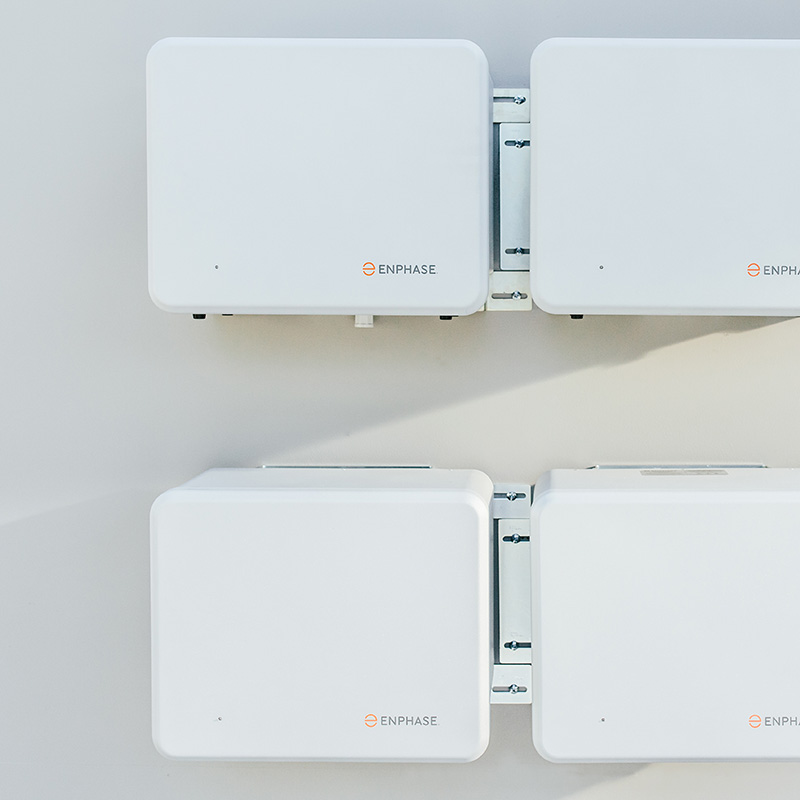Three priorities to help raise compliance
As part of our ongoing compliance program, we have identified three key areas of focus for the 2025-26 financial year.
Through the Products program, we maintain lists of approved solar modules, inverters and batteries for use in the Small-scale Renewable Energy Scheme (SRES). The Products program is designed to ensure that all approved products and devices meet Australian and international standards for use in the design and installation of solar and battery storage systems.
All products, their manufacturers and applicable importers must meet the requirements set out in the Terms & Conditions (T&Cs) to be approved for listing and must continue to meet the T&Cs for the life of the product listing.
We conduct physical testing and desktop audits of listed products to ensure compliance with relevant standards and key requirements of the T&Cs (respectively).
We are updating our testing and desktop audit programs to focus on key areas of non-compliance observed in the program over FY24-25 in addition to our ongoing investigation of complaints and reports of non-compliance. These focus areas are based on common trends of non-compliance observed through our compliance audits and complaint investigations.
Compliance priorities for the FY25-26 will focus on the following areas.
Documentation
We have observed that manufacturers and importers update / remove critical details in the customer documentation that was approved during the application. Common issues relate to the removal of information pertaining to approved product models, outdated importer/manufacturer contact details, changes to installation instructions, and amendments to product specifications.
All customer documentation including labels, data and specification sheets, installation manuals, warranty terms and conditions and compatibility statements must be consistent with the versions approved by us upon listing approval. Manufacturers and importers must not administer material changes to customer documentation that are not authorised by the Clean Energy Council.
All importers and manufacturers of listed products must maintain a website in English that is accessible to the public on which customer documentation required under the listing process is made available to consumers.
Changes to documentation may impact the industry and consumers as installers rely upon installation manuals and data sheets to install products, while outdated contact information may impact consumers and businesses trying to seek warranty claims.
Importer requirements
Several investigations uncovered changes to local importers, their contact details or the lack of registration with the Electrical Regulatory Authorities Council (ERAC), which is required for approved inverter listings.
Offshore manufacturers must have a local importer for any type of approved product listing. That is, any manufacturer that is not a legal Australian entity must have an importer that is a legal entity holding an ABN and responsible for meeting the manufacturer's warranty obligations under Australian Consumer Law.
Any change to the entity status or contact details of importers or local manufacturer’s must be communicated to the Clean Energy Council if this occurs during the product listing period.
All inverter listings must have a supplier (manufacturer/ importer) that is registered with ERAC, and the make and model of that device must be registered under that Responsible Supplier’s ERAC Supplier Number throughout the device listing period.
Product testing
Our Product Testing Program, which conducts mystery shop tests of approved products, has identified quality issues with product performance and that required hardcopy documentation is not being supplied with the purchased products.
We are expanding the scope of the Product Testing Program which aims to verify approved products continue to comply with the required Australian and or International Standards. The program will now include batteries in addition to PV modules and inverters.
The program will aim to test products that are in the middle of their listing lifecycle and will target products based on their installation rate share under the SRES and our discretion.
